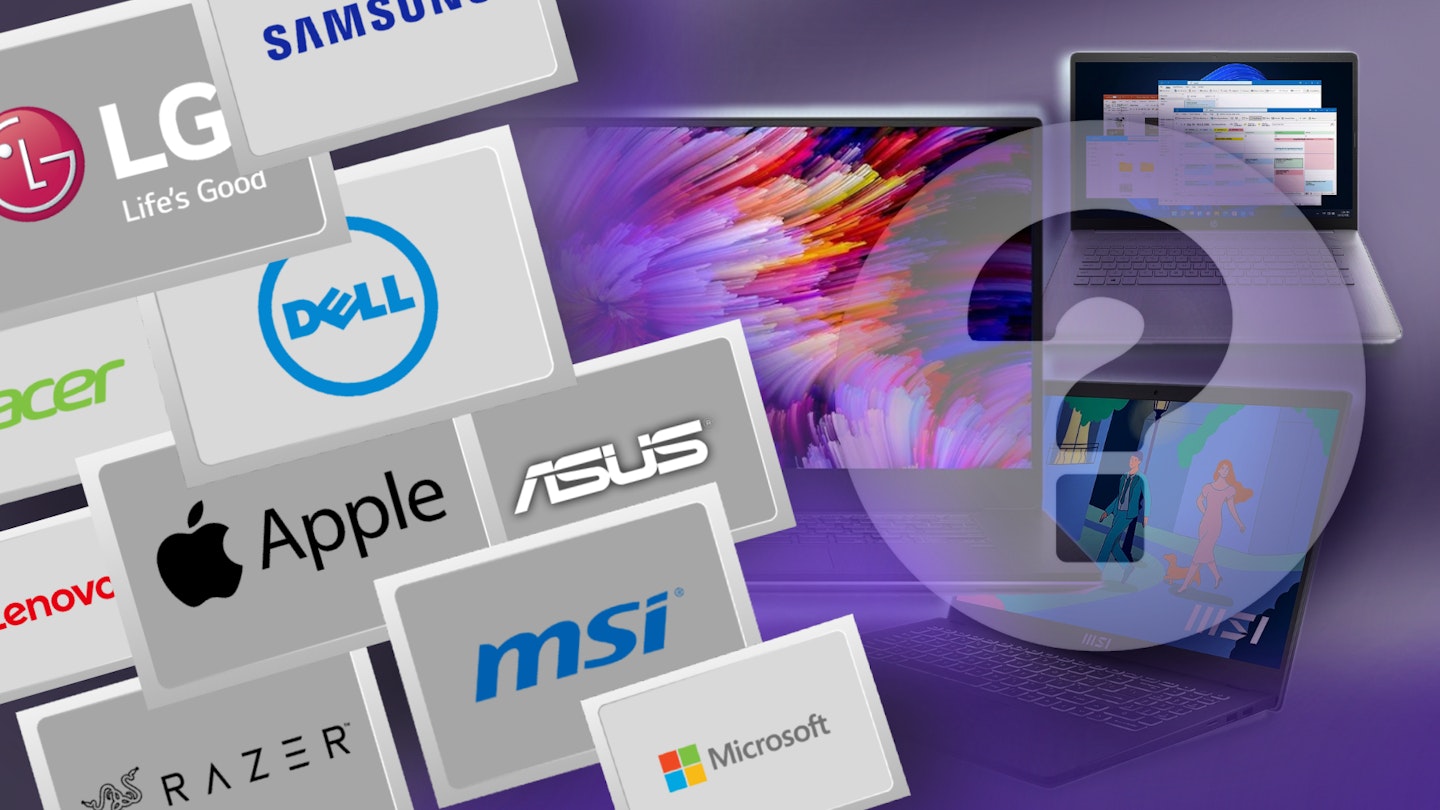As the best laptop brands go head-to-head to grab your attention, hunting down a new model can be more than a little challenging. Looking at hardware alone, the best laptops would appear to be everywhere - with plenty of RAM, decent SSDs and vibrant screens. But, all is not as it seems. We’ve all had that friend who ‘bagged a great deal’ on a laptop with a large screen and impressive specs, only to end up hearing all about how slow it is. Or, how poor the battery life is. And how dim the screen looks when used anywhere other than a cave at midnight.
Finding the best laptop brands
It’s not always true that the brand is king when it comes to quality, but sometimes it really is the best starting point. After all, good reputations in the tech market are hard-won over several years. So, going for one of the best laptop brands is probably the wisest option right off the bat. Yes, even a great brand can release a sub-par model now and again. Therefore, it’s always worth checking recommendations on What’s The Best to see which ones make the grade. For instance, we’ve looked at machines for a wide range of budgets and purposes, including some of the best laptops for photo editing and other specialisms.
So, what’s our take on the best laptop brands out there right now? Well, you won’t be surprised at the appearance of many of the market leaders in our list, but there are a couple of relative newcomers who are fast becoming renowned competitors. We’re also looking at how much one should cost. Just because one brand may be cheaper than the other doesn’t mean a budget laptop isn’t going to have a solid build quality or underperform. Here’s our expert’s pick of the best laptop brands, for everything from hardware specs, build quality, reliability and price.
Best laptop brands of 2023
Acer

The Acer brand was born from a Taiwanese company that began way back in 1976. Although its many divisions specialised in the manufacture of components and servicing, the early 2000s saw the company capitalise on the boom in the laptop market. Today, Acer is known for offering an excellent balance of quality and value, including on its PCs. The company’s laptops are well-regarded for those who need a solid, reliable machine for everyday use. Its Aspire range is a great example of the brand's dedication to quality and features in our rundown of the best laptops for programming.
Asus
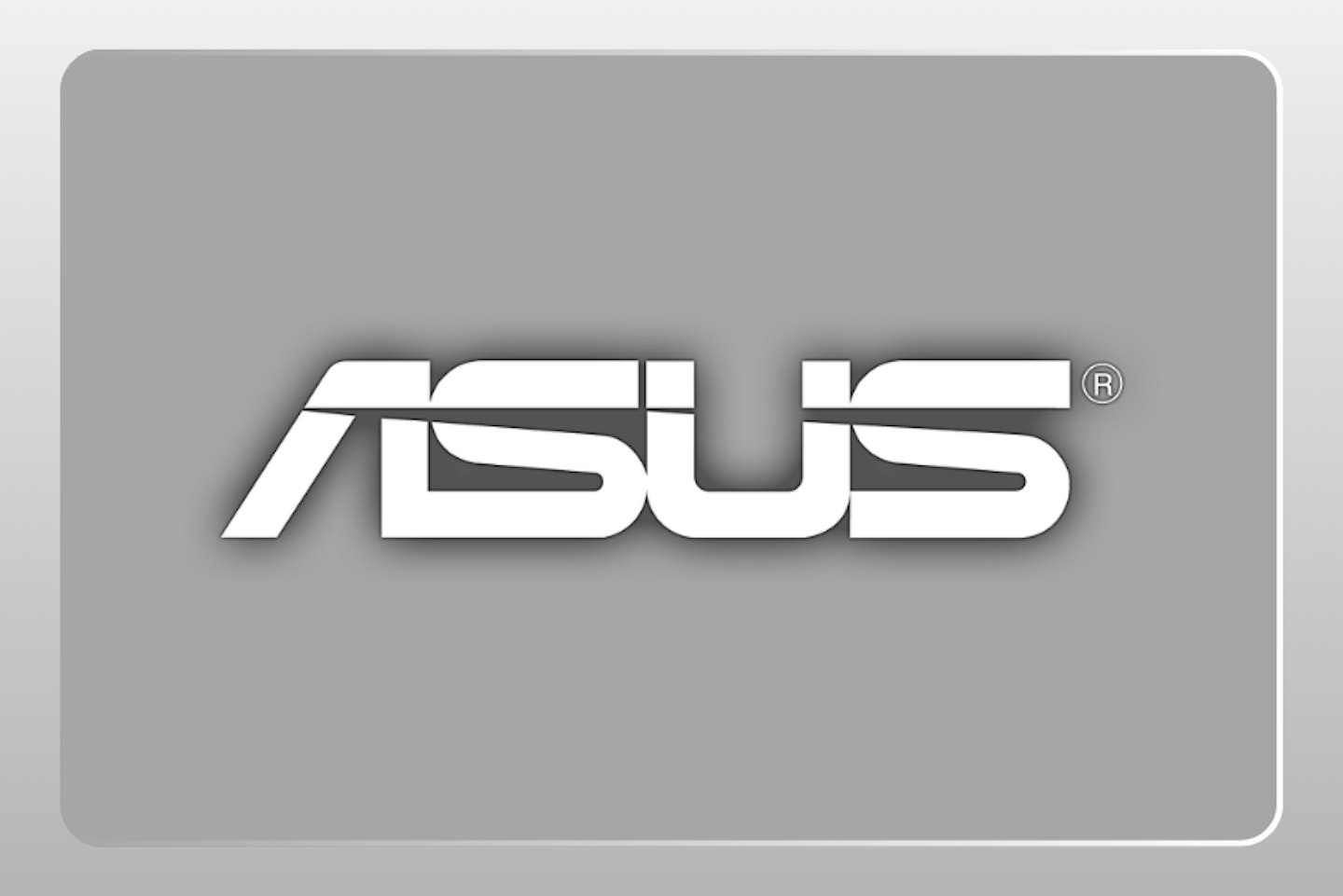
Springing into life in 1989, Asus is in many ways the other side of the Acer coin. Both are Taiwan-based electronics giants, but where Acer has a large share of the market for the budget-conscious, Asus pitches itself as more of a specialist PC, laptop and peripherals brand. Its vast array of monitors, graphics cards and more really demonstrate its tech prowess. Perhaps best known for its ROG (Republic Of Gamers) sub-brand, Asus are often an innovator when it comes to added features that appeal to end-users - such as OLED screens. As for laptops, you can expect a robust build and high-end parts, which is why they’re often popular as some of the best laptops for graphic design and other creative work.
Lenovo
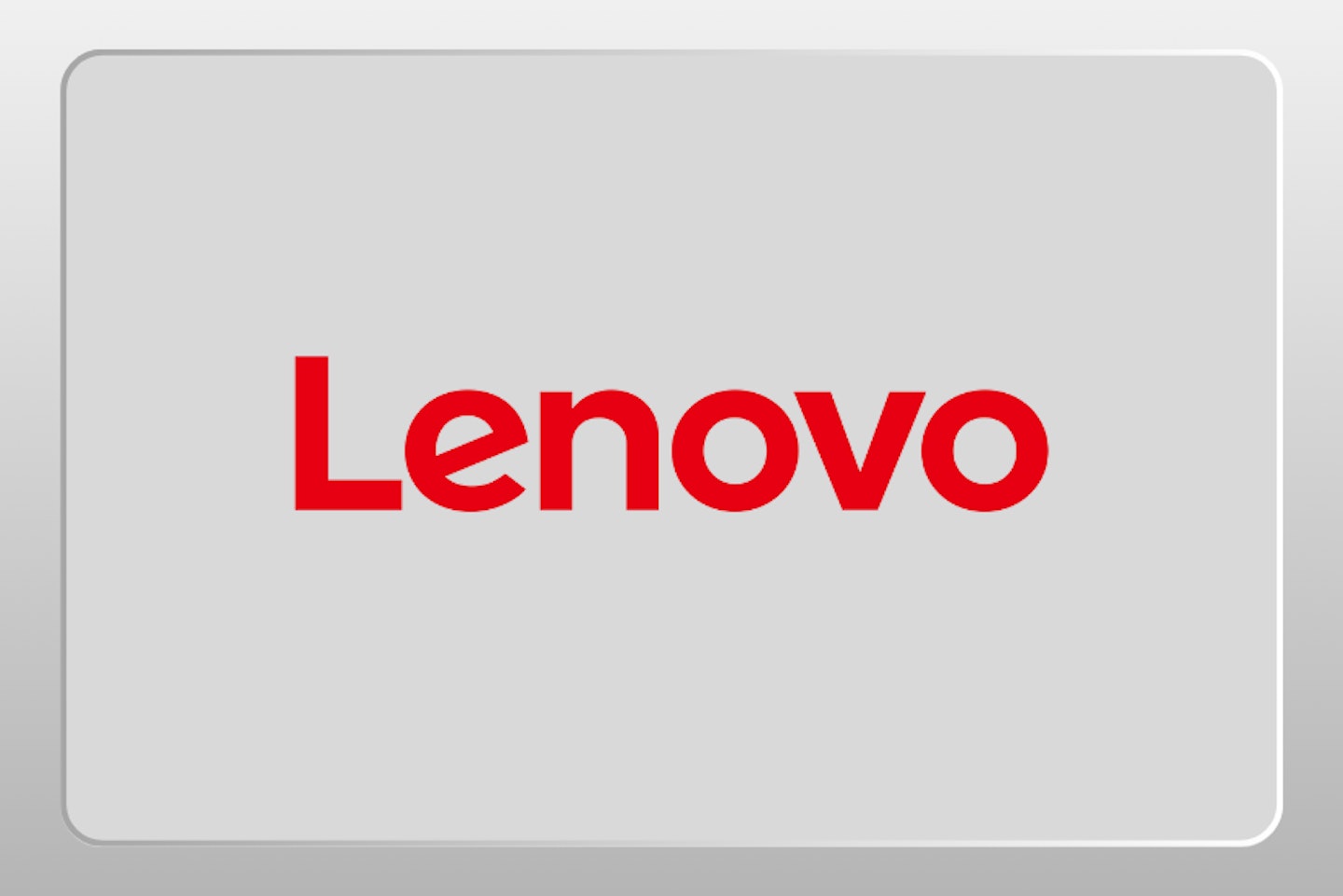
You may have come across laptops from Lenovo sporting the Thinkpad sub-brand. If that seems familiar it’s because the name was acquired from IBM, famous for its line of Thinkpad laptops back in the day. Lenovo itself is a Chinese company that’s only become well-known in the UK in recent years, despite being around since 1984. Much like the other brands here, it specialises in consumer electronics of all kinds, but in terms of laptops, it is a hard brand to miss. Lenovo laptops are known as a quality budget option, often with screens and specifications that make many wonder how they achieve such low prices. The key to this is the company’s sheer size. They can afford to build in bulk, which brings the cost down - making it an ideal brand for anyone looking for a cheap gaming laptop and so on.
Apple

Does Apple really make laptops? Well, despite distancing itself from the term and touting their wares as ‘MacBooks’, any Apple fan is going to plump for one of these when they’re looking for a laptop. With a reputation that precedes itself and that of the others here, the Apple brand is synonymous with cutting-edge technology and robust high-end build quality. The California-based corporation isn’t known for making cheap or even especially affordable products, but it can’t be denied that a machine like the MacBook Air is a lightweight powerhouse worthy of a design award or three. Generally highly regarded for quality screens and processing power (not to mention the Mac and iOS ecosystem), its products often appeal to creatives, making them the machines of choice as laptops for music production and other media.
Microsoft
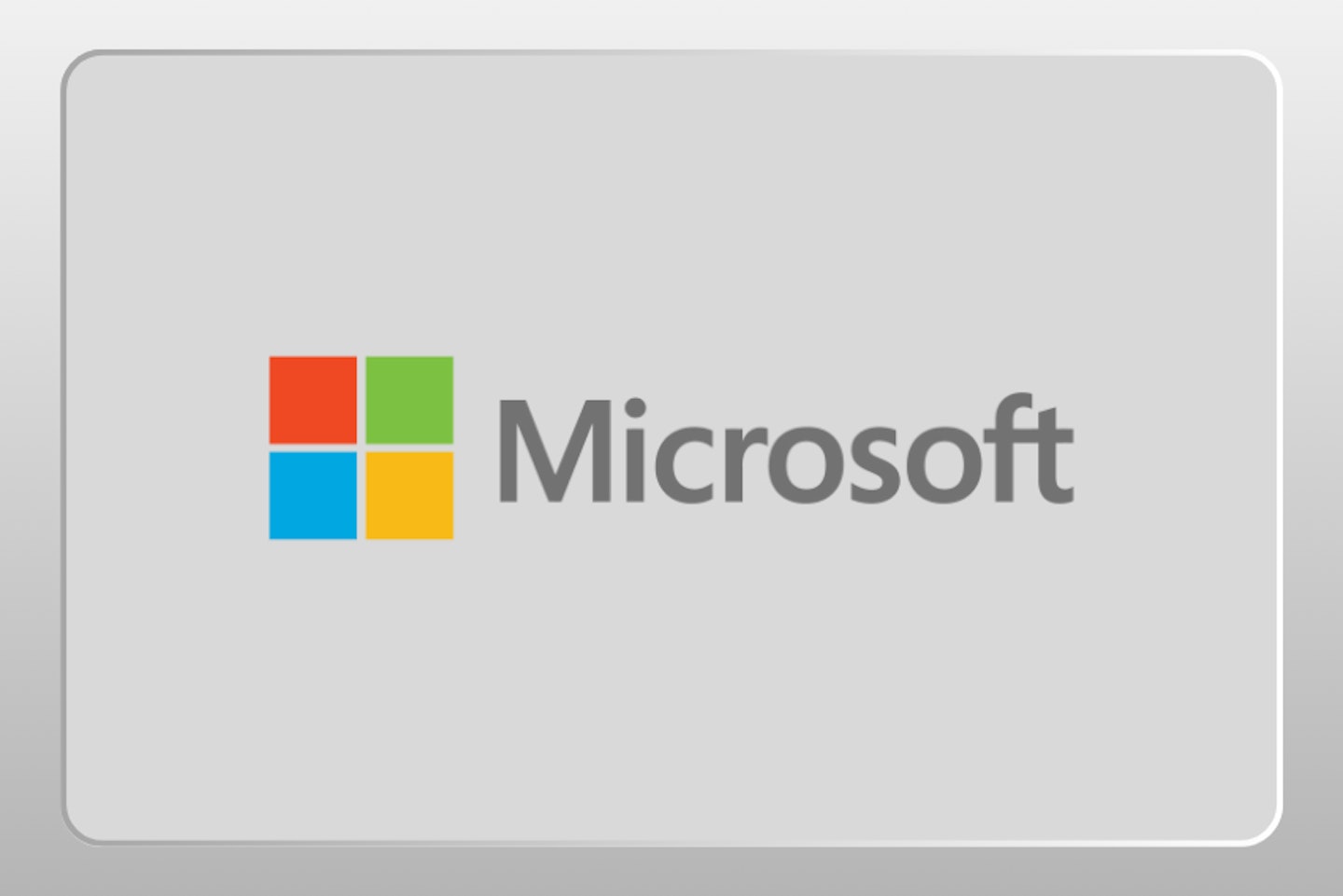
Where would this list be without the yang to Apple’s yin? Another child of Silicon Valley, Microsoft are known the world over for the Windows OS, but they’ve also been a major player in the hardware field for a few decades now. In much the same way as Apple has both created and cornered the Mac market at a premium price, Microsoft has done the same with its range of laptops - with Windows 11 running on high-end hardware like the Surface Studio laptop. Naturally, this makes Microsoft a natural choice for anyone not in the Apple camp who wants the best Windows laptop money can buy.
Samsung
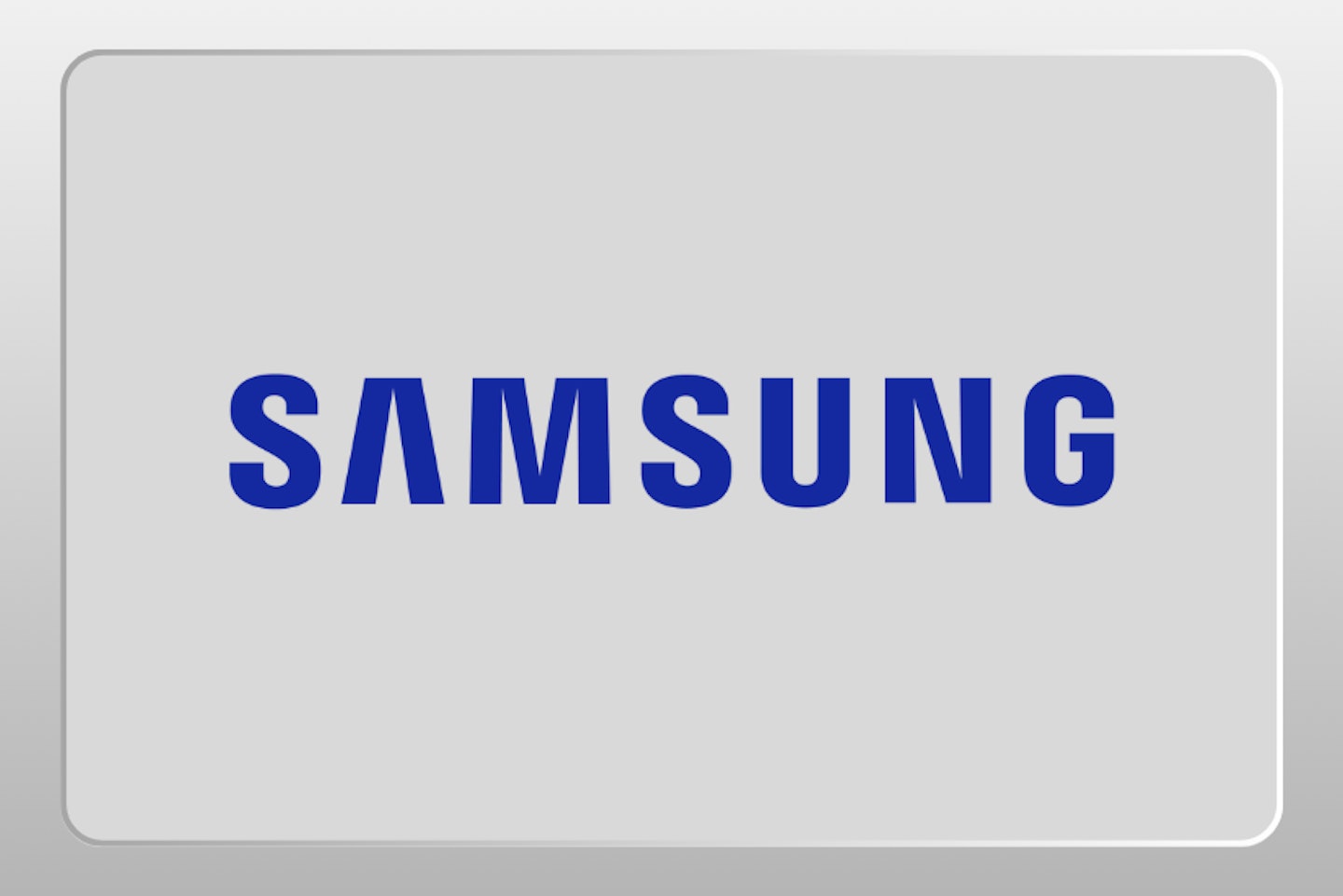
Over to Korea now, and a company whose name can be found in every corner of UK homes - from fridges and TVs to tablets and of course smartphones. As such, Samsung is one of the best laptop brands when it comes to reliability and build quality. That said, it doesn’t just pitch itself as a high-budget brand, so you’ll find plenty of powerful models of various sizes to suit most budgets. Its Galaxy Book is a clear competitor to the MacBook and the like, and being Samsung you can be assured of absolutely stellar display technology.
MSI
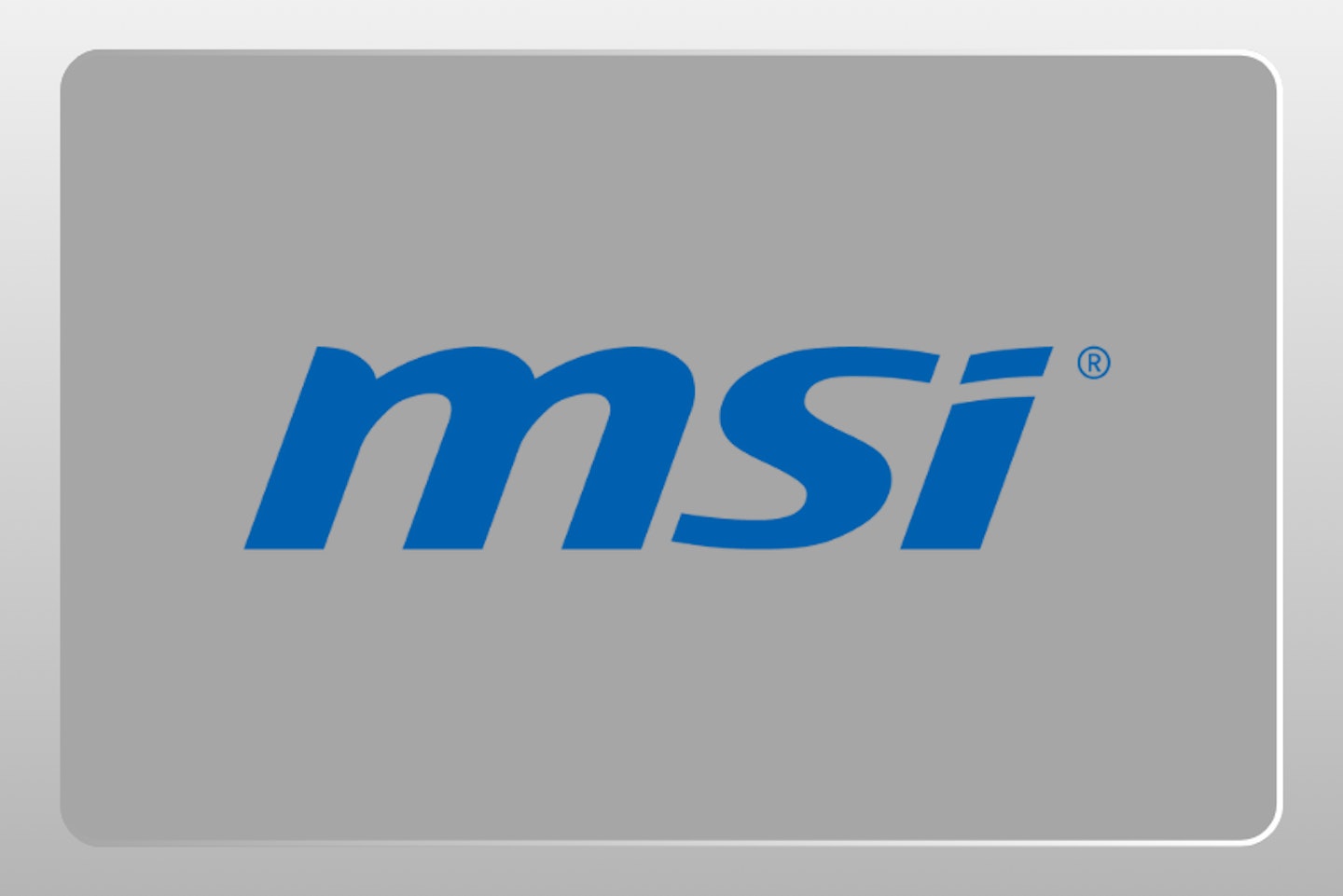
Another company that pitches itself at a wide range of budgets is MSI – Micro-Star International. Another Taiwanese conglomerate, the brand produces a massive range of computing products, components and more. But, in terms of laptops, it’s proven itself as a respected provider of powerful yet affordable machines. It has also become a go-to mid-low budget brand for gaming fans, with incredible functionality for the price. Anyone shopping for the best gaming laptops without paying the earth should definitely take a look at MSI.
Dell
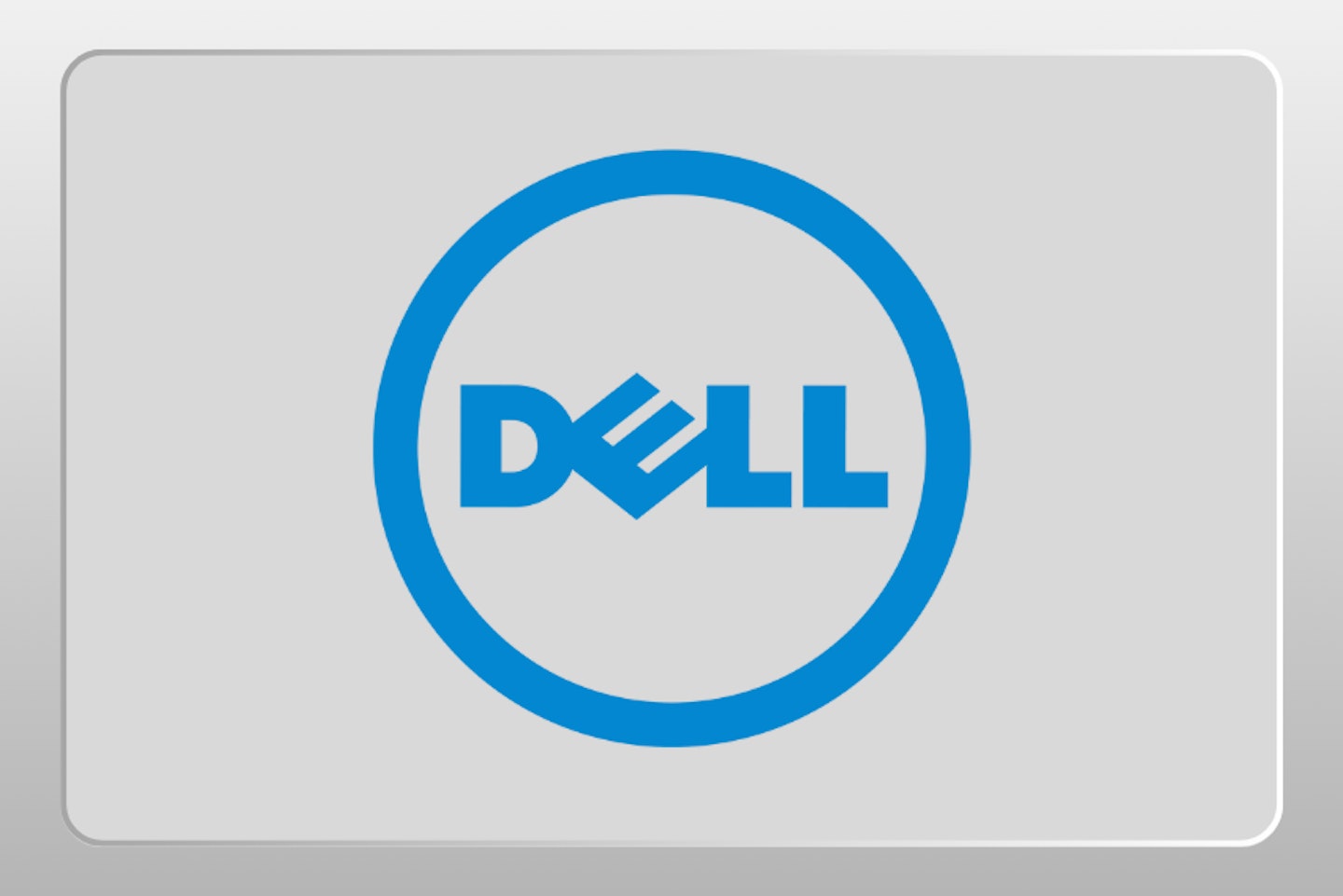
Texas-based, Dell has been around almost since the dawn of the PC. For most, the brand represents their first pre-built PC buying experience. For many years, Dell had cornered that market, offering a great mix of affordable business machines to high-end gaming rigs. They also bought the super-high-end Alienware brand to deliver their gaming PCs and laptops. Today, Dell are still in the running when it comes to some of the best laptops for reliability and office productivity, but they also make machines powerful enough to satisfy the needs of creatives looking for video editing laptops.
Razer
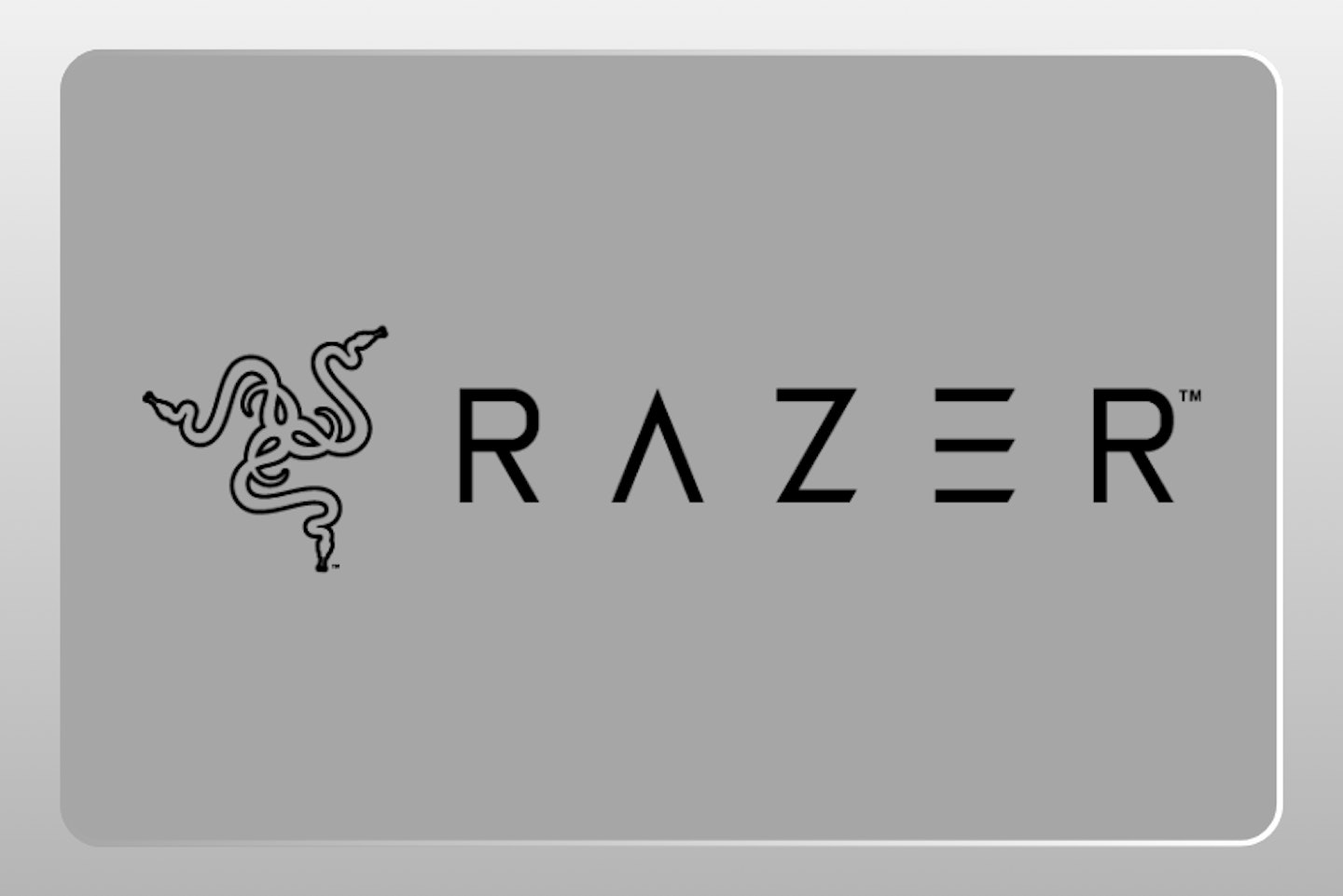
Perhaps one of the youngest on our list, Razer is based in both Singapore and USA having begun in 1998. The brand has become a hot favourite of gamers the world over for its dedication to producing gaming peripherals. And that approach extends to its laptop range, with some of the best configurations and specialist builds with the looks to match. They don’t come cheap, as you’d expect, but in terms of hardware and performance geared to winning matches, they’re a tough act to beat.
LG
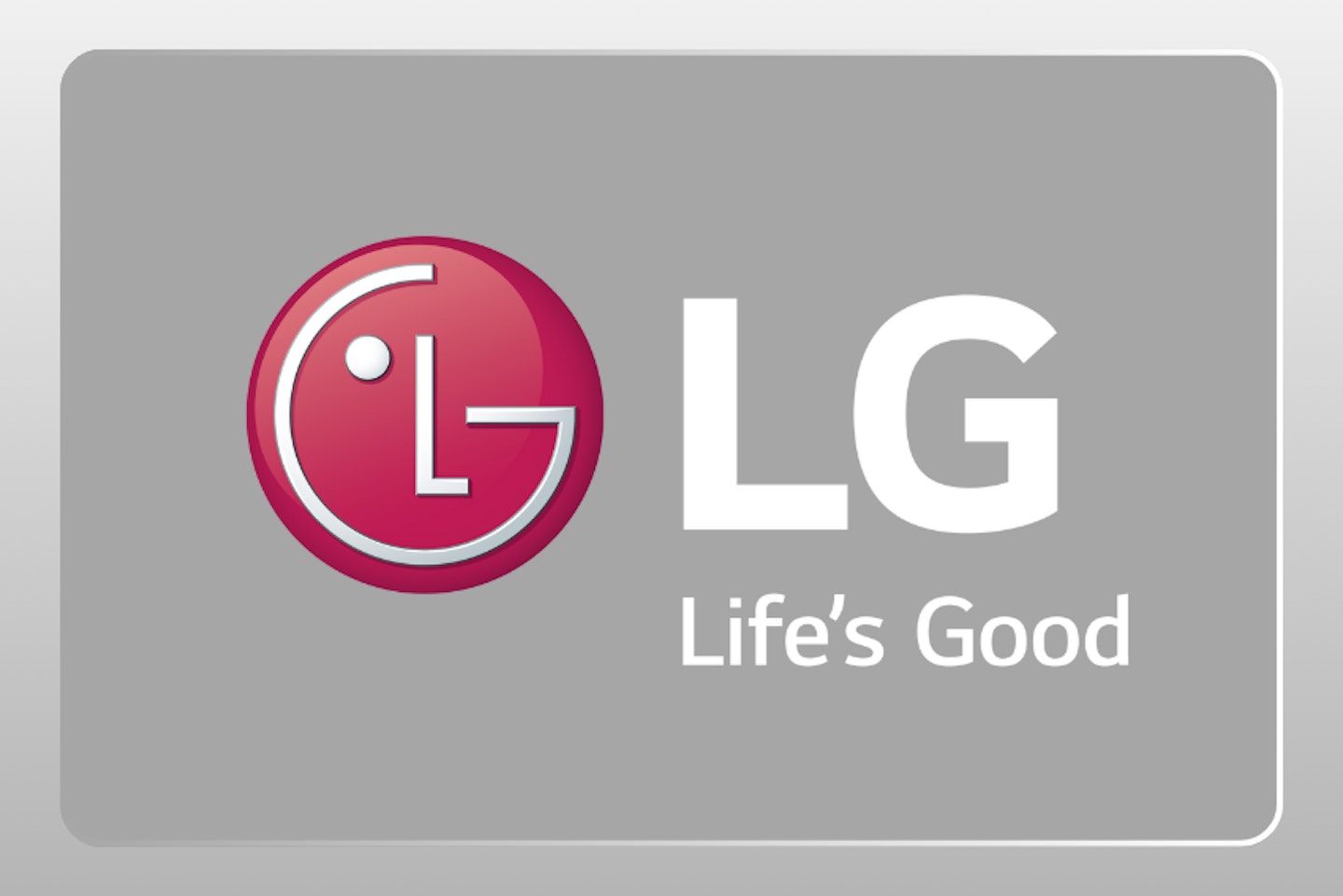
Another South Korean tech giant, LG was founded way back in 1958 - and clearly that head-start really helps them keep their top spot in the consumer electronics market. Similarly to Samsung, you’ll find the LG logo throughout many homes - from air conditioning to washing machines, TVs and more. They’re also very well respected for technical innovation, having pushed some world-firsts onto the scene with its display technologies. In terms of portable computing, it’s no doubt that LG is one of the best laptop brands out there. Its Gram line is all about extended battery life and power in an ultra-thin and light case - probably one of the lightest and most capable machines to be found. That makes it ideal for anyone looking for one of the best student laptops for lugging around on campus - while still being powerful enough for gaming and entertainment.
Best laptop brands of 2023: Buyer’s guide
Laptops can be unnecessarily expensive if you're not going to use all of the features. The key to choosing from any of the best laptop brands is to identify your computing needs. Every user is different - but there are some pointers to help you narrow things down.
Gaming
Gamers always need as much RAM as possible - anything above 16GB is ideal. Plus try to get one with an SSD for plenty of speedy storage - at least 1TB. The most important here is the graphics card. Always go for a dedicated card and avoid the ones that are onboard / built-in. You’ll get better performance without a doubt. Finally, take the time to compare the laptop specifications against the system requirements of your favourite games; then make sure they'll run fast enough at a high enough resolution.
Office work
Long hours typing or using a touchpad means you should look at the keyboard for comfort and accuracy - and budget for an external keyboard and mouse if you need to. For work, the laptop’s graphics capabilities will be lower down on your list. It’s likely you’ll need to run several office applications at once, so look at the CPU and RAM first. Most new laptop CPUs will be up to the task, but without at least 4GB of RAM (8GB would be better) your machine might not be up to speed.
Design and creative media
All creatives should prioritise the graphics capability and RAM. Once again, a dedicated graphics card is a must, and RAM should be 16GB or more. But also take extra time to find a powerful CPU. Graphics, and particularly video work, will require a really fast processor. Some of these have several ‘threads’ (concurrent operations that the machine can handle at once). Those will make all of the difference to your experience, regardless of how much extra RAM you have.
Casual browsing
The casual laptop user needs a little of everything. A lot less graphics card power for light gaming - but more than an office worker might want. 4GB of RAM and a 500GB hard drive with a modern mid-range processor is likely to meet all of your needs.
Lastly, no matter which one you choose, pay attention to battery life. If you're travelling or commuting a lot, make sure that the best laptop brands you’re considering have models that can deliver the power you need.
Stick to your budget
As with all of the best laptop brands, you can spend a fortune without needing to - or far too little for your needs. So, set a strict limit if you haven't already. Also, don't forget that you'll need to set aside a budget aside for accessories and peripherals. Plus, make sure you have enough money left for a laptop backpack or a protective case.
Consider a VPN
Even the best laptop brands don’t come with a VPN pre-installed. Being portable, the day will come when you need to connect to a public wifi network. An antivirus suite will protect you from the worst, but what about your personal data? A VPN (Virtual Private Network) is a secure tunnel to the internet that hides your IP address from would-be hackers and all manner of data-snooping websites. If privacy is your priority (and, in this day and age, it should be) we highly recommend an affordable VPN for that extra layer of security.
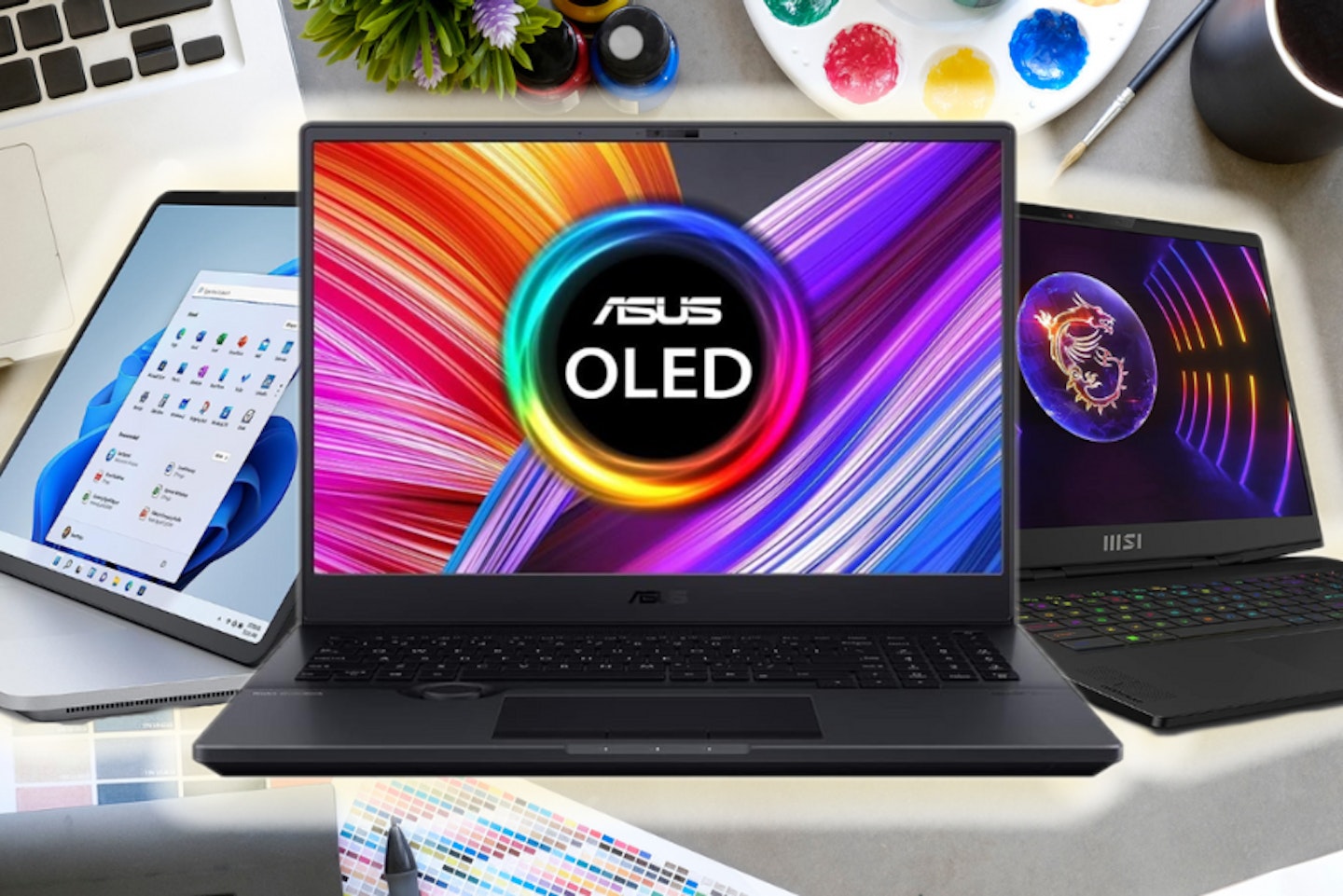
Best laptop brands of 2023: Jargon buster
S-mode for Windows 10 / Windows 11
Windows S mode is a streamlined version of Windows 10 or 11 and is ideal for some underpowered laptops. S mode improves security and only allows apps from the Microsoft Store, and Microsoft Edge for browsing. The Microsoft S mode FAQ is a good starting point if you'd like to try it out.
Google Chrome OS
Google Chrome OS is a cloud-based operating system, where the majority of the applications and programs are web-based. The benefits include super-fast startup times, and lower-cost laptops as onboard memory is not as important. If you primarily use web-based services like internet browsers, Google Docs and Sheets, MS Office Online, and music and video streaming services, then Chrome OS might be for you.
Hard drive disks (HDD)
Hard drives use spinning disks (or platters) to store data. External hard drives can also be attached to a computer via USB to increase capacity, but they are slower to read and write than an SSD. They’re also often too bulky to be used inside today’s thinner laptops.
Solid State Drives (SSD)
SSD - Solid State Drives - use no moving parts. So, they’re super-fast with reading and writing and also smaller than HDDs. Their speeds make them popular with gamers and media professionals like video editors.
CPU
A Central Processing Unit, or CPU, is the brain of a device, processing and executing instructions. CPUs typically often consist of multiple cores, and the higher the number of cores the more processes it can carry out, improving performance. CPUs have a clock speed that is also important and is measured in GHz. In theory, the higher the GHz number, the better and quicker a computer can operate.
RAM
Random Access Memory, or RAM, is a short-term memory component that temporarily holds information for quick access by the CPU. The data will be related to programs and services that are in use. The more RAM available, the more quick-access information there is for the CPU, thereby improving computer performance.
GPU
GPUs are Graphical Processing Units that handle the rendering of images on your computer screen. They’re the core component of dedicated graphics cards like those made by Nvidia and ATI. Some laptops come with the graphics processing onboard - meaning it’s built into the motherboard. These are much less powerful than dedicated cards, so gamers will want to go for the latter.
Resolution
Resolution is the measurement of pixels on your screen, the higher the pixel count, the more detail can be seen.
Screen ratio
The screen ratio is the relative dimensions of the height and width of your laptop screen. Many of today's TVs and monitors have a ratio of 16:9 or widescreen - but other variations also exist.
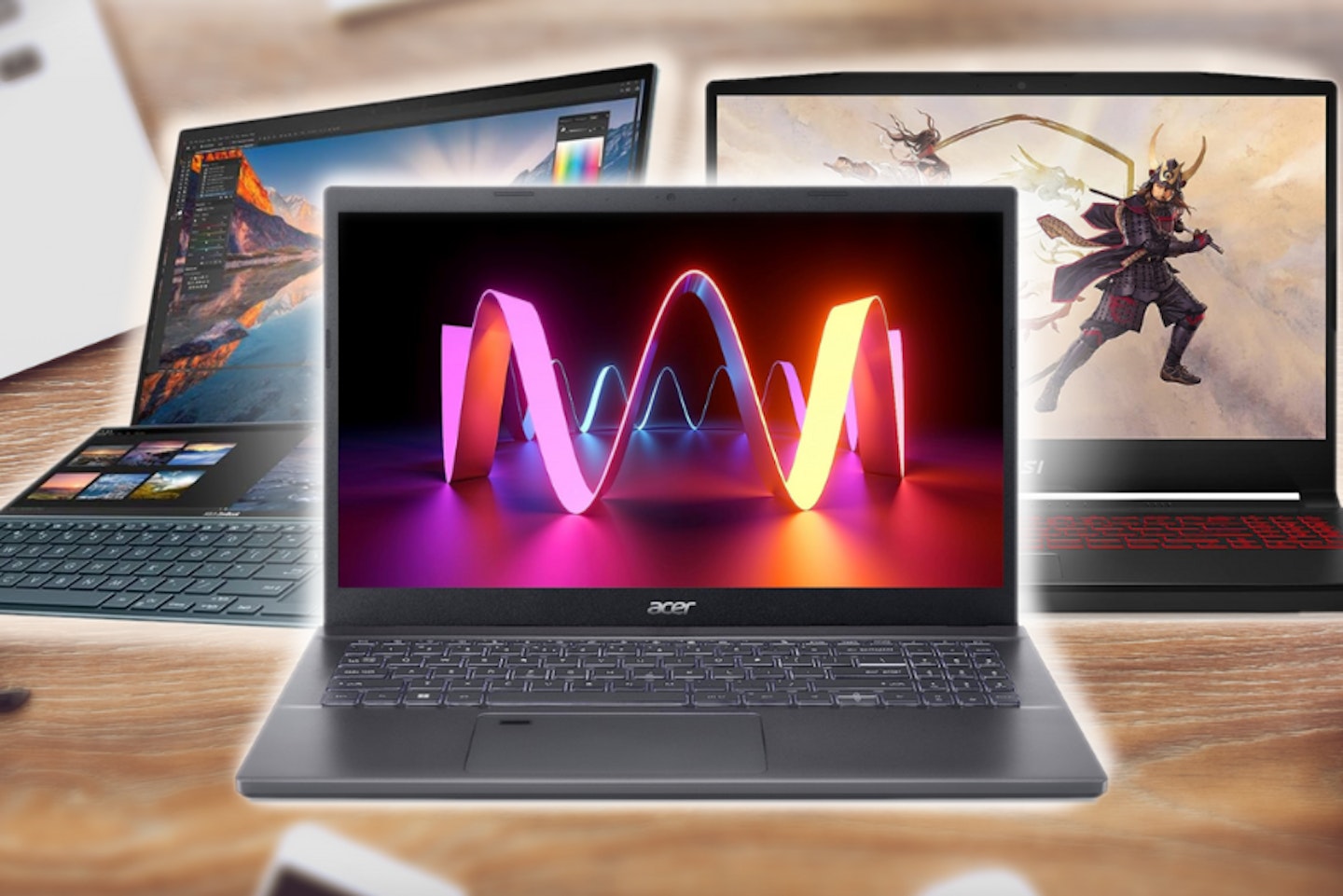
Best laptop brands of 2023: FAQs
Is a laptop worth it?
If you’re on the move and need to work or play remotely, then yes. Most of the best laptop brands are well-suited to everyday computing tasks and applications. As always, the more you spend the better performance you’ll get for things like gaming and media creation. But, as our buyer’s guide mentions, you shouldn’t always take price as an indication of quality.
Do I need a laptop if I have an iPad?
There are pros and cons with each, but this really depends on how you plan to use your laptop. For taking notes, keeping tabs on schedules and browsing there's no reason why an iPad won't do. But, if you get a Pro iPad, you can easily end up spending the same as a very good laptop. Plus, you're then stuck in the Apple ecosystem. So, if you rely on Windows applications or specialist apps they may not be available or run well on an iPad.
Do laptops come with MS Office?
Older Windows laptops came with a trial version of Microsoft Office, but now things have moved to the Cloud. Microsoft offers most of its products online via its 365 service. If your laptop doesn't come with it, you can get a great deal on Microsoft 365 right now which comes with a year's subscription.
Chris Duffill is a Tech Product Writer for What's The Best. He specialises in audiovisual, computing, and gadgets. He also writes for Yours.
Subscribe to the What’s The Best Newsletter to keep up to date with more of the latest reviews and recommendations from the rest of the What’s The Best team.
